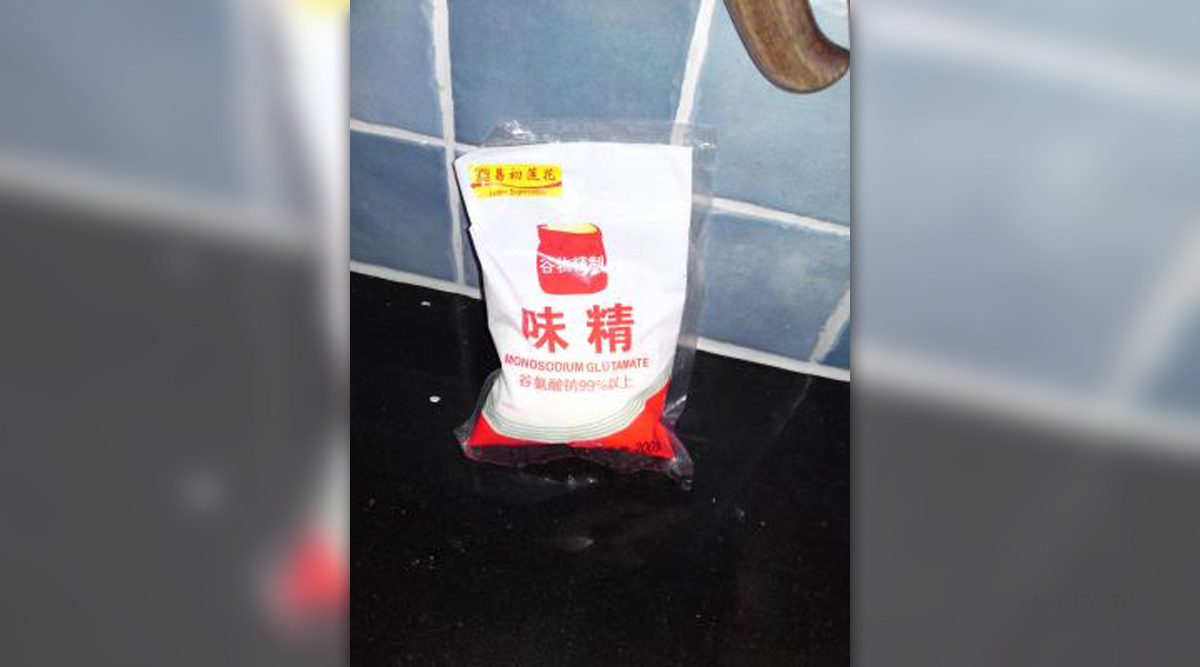
Monosodium glutamate, also known as sodium glutamate and MSG, is a sodium salt of the naturally occurring non-essential amino acid glutamic acid, widely used as a food additive and a flavor enhancer. This additive is marked by the HS code 29224220 and the E number E621. This additive is also known by its names: Ajinomoto, Vetsin, Accent and Tasting Powder. Monosodium glutamate is commonly used in Chinese food, canned vegetables, soups and processed meats. There are many health concerns about the use of monosodium glutamate in food, and this article will try to explore its possible side effects.
FDA regulations on monosodium glutamate
Food and Drug Administration, also known as FDA, has classified monosodium glutamate as a food ingredient that's "generally recognized as safe," but it still requires that it be listed on the labels. FDA has received numerous reports of unfavorable reactions to food containing monosodium glutamate, and qualified them as MSG symptom complex. These reactions include: headaches, flushing, sweating, facial pressure or tightness, numbness, tingling or burning in face, neck and other areas, heart palpitations, chest pain, nausea, and weakness.
Health concerns
Monosodium glutamate is one of the most extensively studied food ingredients in the food supply. Numerous studies and evaluations have concluded that monosodium glutamate provides a safe and useful additive for various foods. However, its potential side-effects are described as “Chinese Restaurant Syndrome”. Chinese restaurant syndrome is a compilation of symptoms that a number of people experience after eating Chinese food. There is no firm evidence what actually causes the unpleasant reactions, but many scientists believe it is because of the large quantities of monosodium glutamate in Chinese food. Chinese restaurant syndrome was first described in 1968, and reported with symptoms of a chest pain, flushing, headache, numbness and burning in or around the mouth, sense of facial pressure and swelling, and excessive sweating.
As none of the performed studies found a firm connection between monosodium glutamate and the symptoms of Chinese restaurant syndrome, MSG continues to be used in foods. One of the possible explanations is that some people may be excessively sensitive to food additives so that the MSG, chemically similar to brain’s neurotransmitter glutamate, causes adverse reactions.
Monosodium glutamate and obesity
Monosodium glutamate is often associated with weight problems. A study conducted on more 750 Chinese men and women, ages from 40 to 59, was conducted to determine if there is a causal link between MSG rich food and obesity. One portion of the study participants prepared their meals at home without commercially processed foods, and another portion used MSG in their food. The participants of the study were from the rural environment, as these people use very little commercially processed foods, and yet many of them use MSG in food preparation. The study found that one-third of those who used the most MSG were nearly three times more likely to be overweight than non-users.

















Your thoughts on this
Loading...